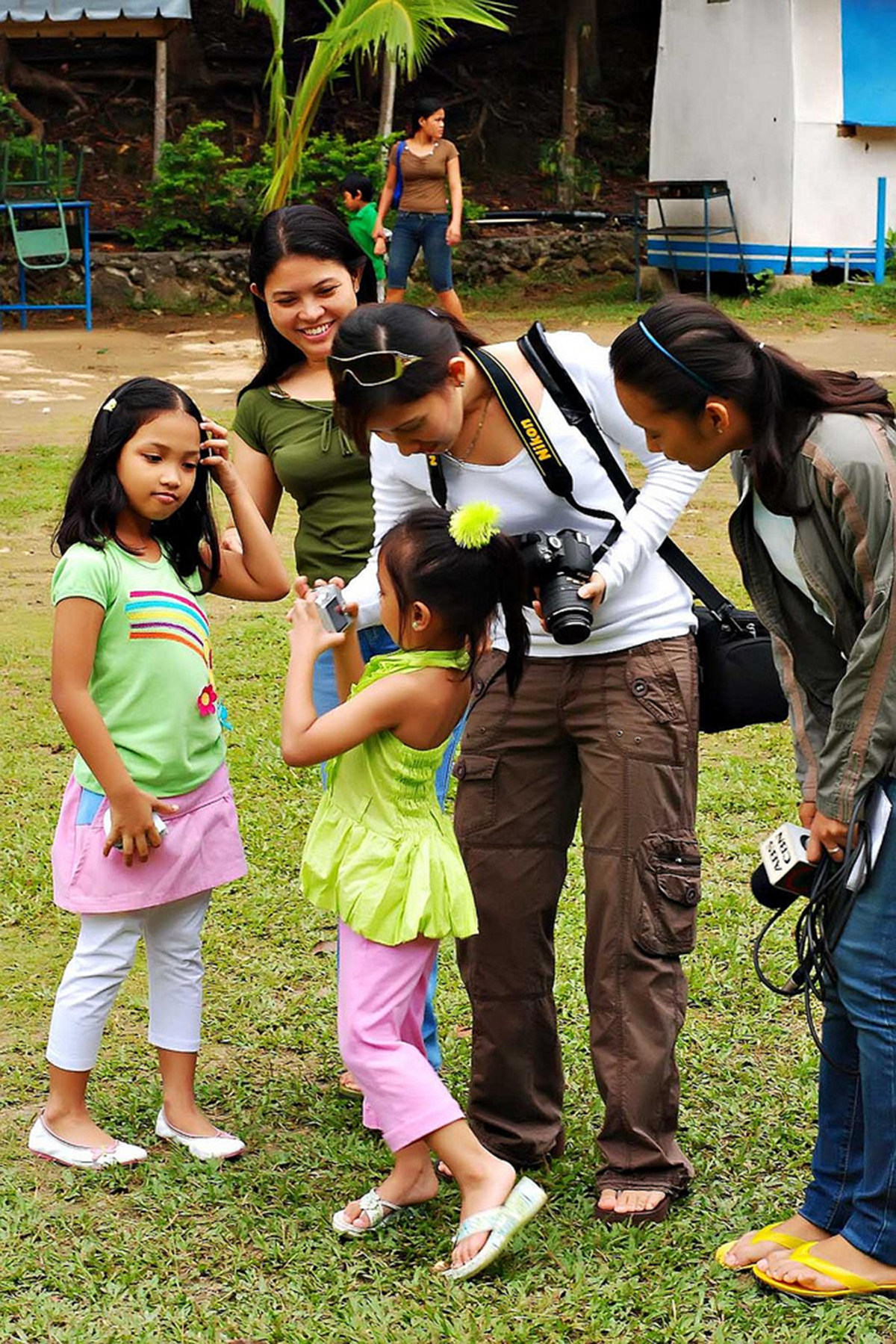
Childhood autism is a condition that typically develops before the age of 3. This disorder features with impaired verbal and non-verbal communication, problems with social interaction and specific form of repetitive and restricted stereotype behavior. There are also specific interests and rituals.
All the children suffering from autism face difficulties developing normal interpersonal relationship. They are secluded and almost never share the interest with their peers. These children cannot interpret non-verbal cues of communication such as facial expressions. It is no wonder they suffer from impairment in language and some of them never learn to speak.
It is estimated that 8.7 of every 10,000 children is actually autistic. The disorder is untreatable, lifelong and may significantly range in severity. Some children develop mild form of the disease and can live independently while others require permanent social support and medical supervision.
Causes of Autism
There are several factors associated with the onset of autism. They include genetics, infections and trauma. For example, rubella infection during the first trimester can be a potential cause of autism. Furthermore, children suffering from fragile X syndrome and tuberous sclerosis, which are genetic disorders, are more prone to autism comparing to healthy children. The condition is more frequent in boys than in girls.
Symptoms of Autism in Children
Even though the symptoms of autism may vary a lot they usually follow a general pattern. One child does not have to develop all of the possible symptoms.
During the first few months after the birth the infant may appear healthy. Still, even then some children may have difficulty with feeding. After certain period of time the infants become less responsive to parents' stimuli, they may not smile to their parents and are sometimes resistant to cuddling. Once the infant has entered toddlerhood the symptoms become more prominent. The children refuse to play with their peers. They prefer to play alone. Furthermore, verbal and non-verbal communication skills develop in an odd manner. The speech and facial expressions become way too peculiar. The child may be completely mute or speak in echo or stilted manner. If the child does learn to speak, the language is commonly concrete, unimaginative and immature.
Children suffering from autism are generally reluctant to adopt any kind of change. They stick to already established behavior patterns. Having certain ritual in play is only one characteristic. The very child may even become obsessive with certain activity. Sometimes the behavior of autistic children cannot be predicted. They may even show signs of hyperactivity.
Apart from the previously mentioned there are several more symptoms and signs of autism and they include walking on tiptoe, staring, hands flapping, rocking, tantrums, strange posture etc.


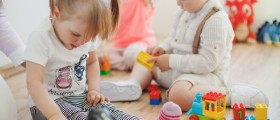

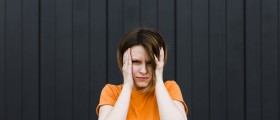

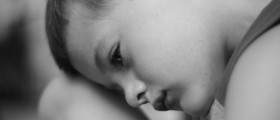
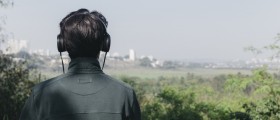
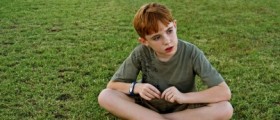


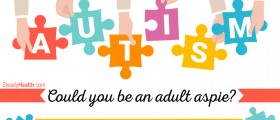
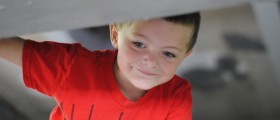
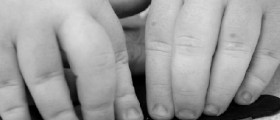


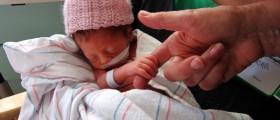
Your thoughts on this
Loading...